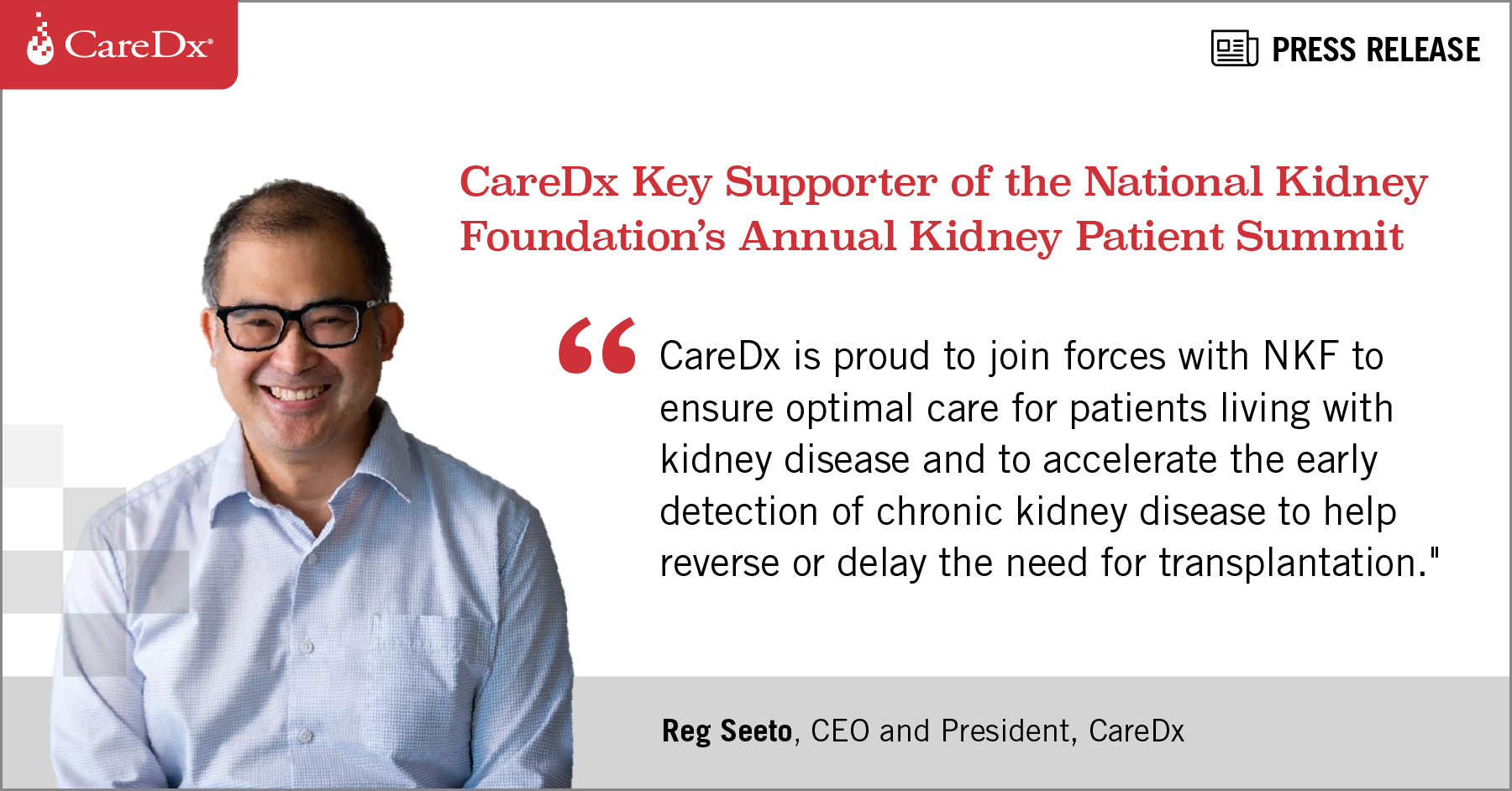New York Times bestselling author of Part of Your World and Food Network champion Abby Jimenez is back with another smash hit–Yours Truly. In this riveting romance, Dr. Briana Ortiz’s life is quickly changing. She gets a divorce, her brother is in kidney failure, and the promotion she wants might go to a new doctor, Dr. Jacob Maddox. Just when she’s decided to hate Dr. Maddox, he donates a kidney to her brother and changes the course of their relationship forever. Read the full Q&A from the National Kidney Foundation.
Looking for a Living Donor
If you need a kidney transplant, you must first be evaluated for a transplant by a transplant center (a hospital that does transplants – not every hospital does them). The evaluation is used to make sure you’re a good candidate for a transplant. This must happen before any potential living donors can be considered. Learn more from the National Kidney Foundation.
The National Kidney Foundation Honors Johns Hopkins’ Dr. Tanjala Purnell for Transplantation Research
NEW YORK, March 13, 2023 /PRNewswire/ — Next month, Johns Hopkins University Associate Professor Tanjala S. Purnell, PhD, MPH, FASN will receive the National Kidney Foundation’s (NKF) Excellence in Transplantation Award at the 2023 NKF Spring Clinical Meetings in Austin, TX. This award recognizes the scientist or clinician scientist whose exceptional research has contributed novel insights to improved access to kidney transplantation. Read the press release from The National Kidney Foundation.
CareDx Key Supporter of the National Kidney Foundation’s Annual Kidney Patient Summit
MARCH, 01, 2023
BRISBANE, Calif.–(BUSINESS WIRE)– CareDx, Inc. (Nasdaq: CDNA), a leading precision medicine company focused on the discovery, development, and commercialization of clinically differentiated, high-value healthcare solutions for transplant patients and caregivers — today announced that it is sponsoring the National Kidney Foundation (NKF) Annual Kidney Patient Summit taking place on Capitol Hill on March 1-2, 2023. Read the complete press release at CareDx.com.
What you need to know about COVID-19 in 2022
As has been previously reported and most already know, the virus that causes COVID-19 changes over time. The updated COVID-19 vaccine bivalent boosters include components of the original virus strain and the Omicron variant. This updated booster is called a bivalent COVID-19 vaccine booster because it is effective against two different strains of the virus
The updated COVID-19 vaccine boosters are designed to give you broad protection against COVID-19, including better protection against the Omicron variant. Read more from the National Kidney Foundation.
Impacting Policy on Dialysis, Drug Coverage, and Transplant Donation
While Voices for Kidney Health advocates frequently hear about NKF legislative efforts around the Living Donor Protection Act, federal appropriations, and other bills, they may be less aware about the federal regulations and policies that directly affect the lives of people with kidney disease. These rules and regulations can have almost as big an impact on the lives of kidney patients as some of our major legislative initiatives.
For example, the End Stage Renal Disease (ESRD) Prospective Payment System and Quality Improvement Program govern much of the care that dialysis patients receive.
Read more from National Kidney Foundation.
Travel Tips: A Guide for Kidney Patients
For many patients who are on dialysis or have had a kidney transplant, the ability to travel is important to their self-esteem and lifestyle. Working patients may need to attend business meetings or conferences. Older patients may have dreamed of traveling during their retirement. A family event such as a wedding, graduation or family reunion may require travel away from home. At times, emergencies such as illness or a death in the family may require travel. Read more from the National Kidney Foundation.
Care after kidney transplant
The long-term success of a kidney transplant depends on many things. You should:
-Be seen by your transplant team on a regular basis and follow their advice
-Take your anti-rejection medications daily in the proper dose and at the right times, as directed by the transplant team, to keep your body from rejecting your new kidney.
-Follow the recommended schedule for lab tests and clinic visits to make sure that your kidney is working properly.
-Follow a healthy lifestyle including proper diet, exercise, and weight loss if needed
To read the full article and find more post-kidney transplant resources, visit the National Kidney Foundation’s page here.
5 Sneaky Sources of Sugar
Today, the average American consumes almost 152 pounds of sugar each year, which breaks down to almost 3 pounds (or 6 cups!) of sugar each week. That’s a lot of sugar – so it shouldn’t come as a surprise to that sugar may be a key factor contributing to our national obesity epidemic.
Obesity increases your risk of developing high blood pressure and diabetes, two of the leading causes of kidney disease. To protect your kidneys, it’s important to maintain a healthy weight and follow a healthy diet. This means paying attention to food nutrition labels and considering the impact sugar – in addition to fat, sodium and other ingredients — has on our diets. Read more from the National Kidney Foundation.
The Kidney Transplant Waitlist – What You Need to Know
Is transplant the best option for patients with kidney disease?
For the majority of patients, transplantation is the best option. Kidney transplant is not a cure for kidney disease, but it can help you live longer and with a better quality of life. Kidney transplants come from either living organ donors, or deceased organ donors. A live donor kidney transplant is considered the best option for people with kidney disease. Transplant is not an option for everyone. Speak with your healthcare team to decide if transplant is an option for you. Read more from the National Kidney Foundation.







